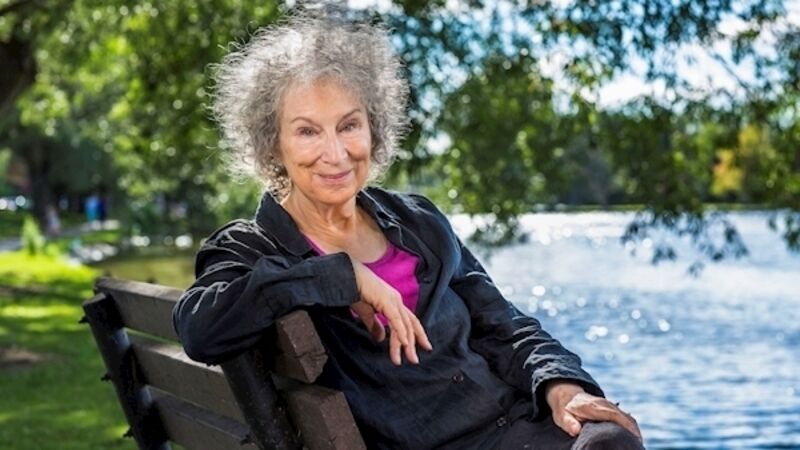Rock your age with the right steps

Booker winner Margaret Atwood believes that older people have more energy. The data backs her up.
Booker Prize winner Margaret Atwood believes that older people have more energy. The databacks her up, says .
Try from €1.50 / week
SUBSCRIBEBooker winner Margaret Atwood believes that older people have more energy. The data backs her up.
Booker Prize winner Margaret Atwood believes that older people have more energy. The databacks her up, says Rowena Walsh.
Already a subscriber? Sign in
You have reached your article limit.
Annual €130 €80
Best value
Monthly €12€6 / month
Introductory offers for new customers. Annual billed once for first year. Renews at €130. Monthly initial discount (first 3 months) billed monthly, then €12 a month. Ts&Cs apply.
CONNECT WITH US TODAY
Be the first to know the latest news and updates
CONNECT WITH US TODAY
Be the first to know the latest news and updates

Our team of experts are on hand to offer advice and answer your questions here
Newsletter
The best food, health, entertainment and lifestyle content from the Irish Examiner, direct to your inbox.
© Examiner Echo Group Limited